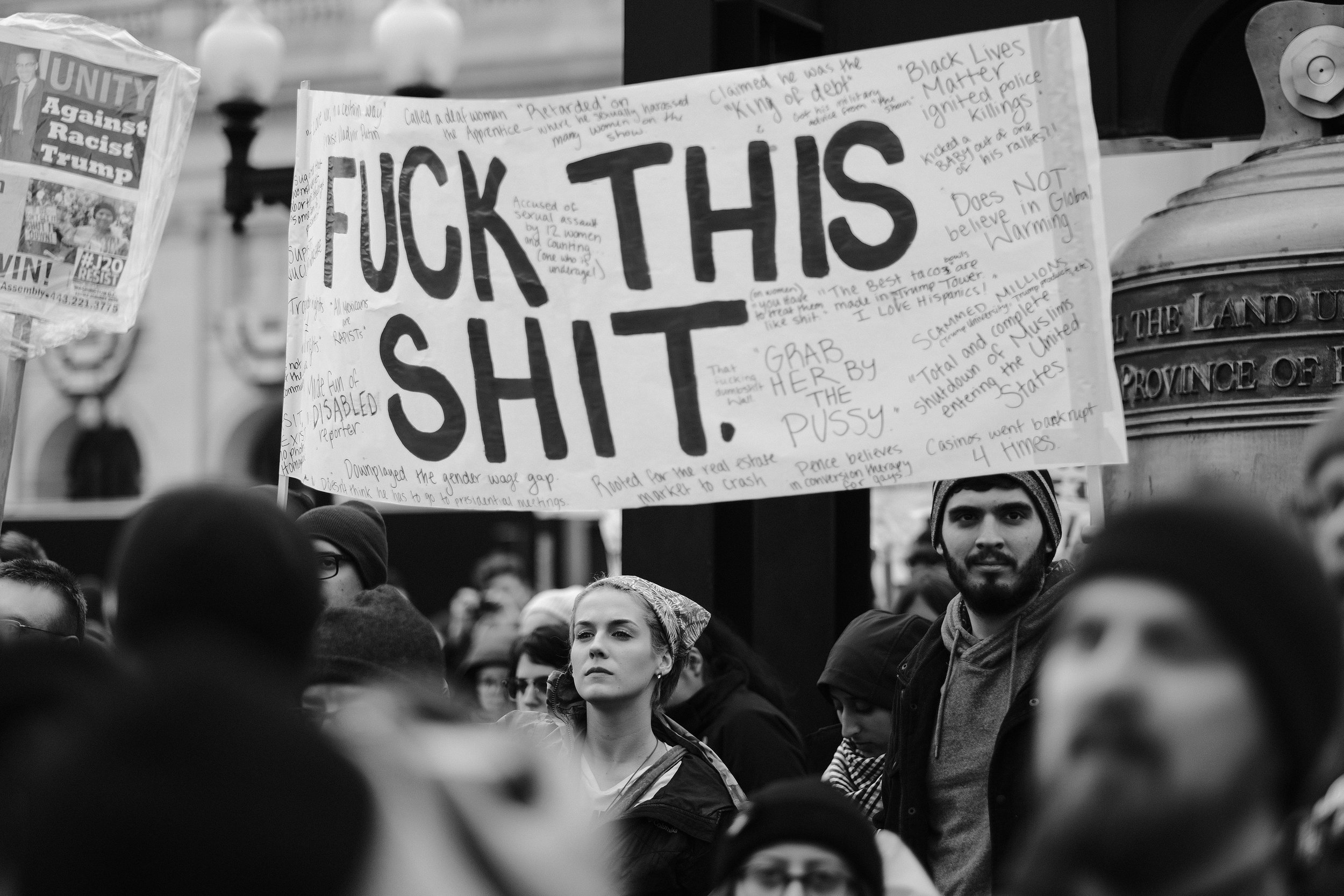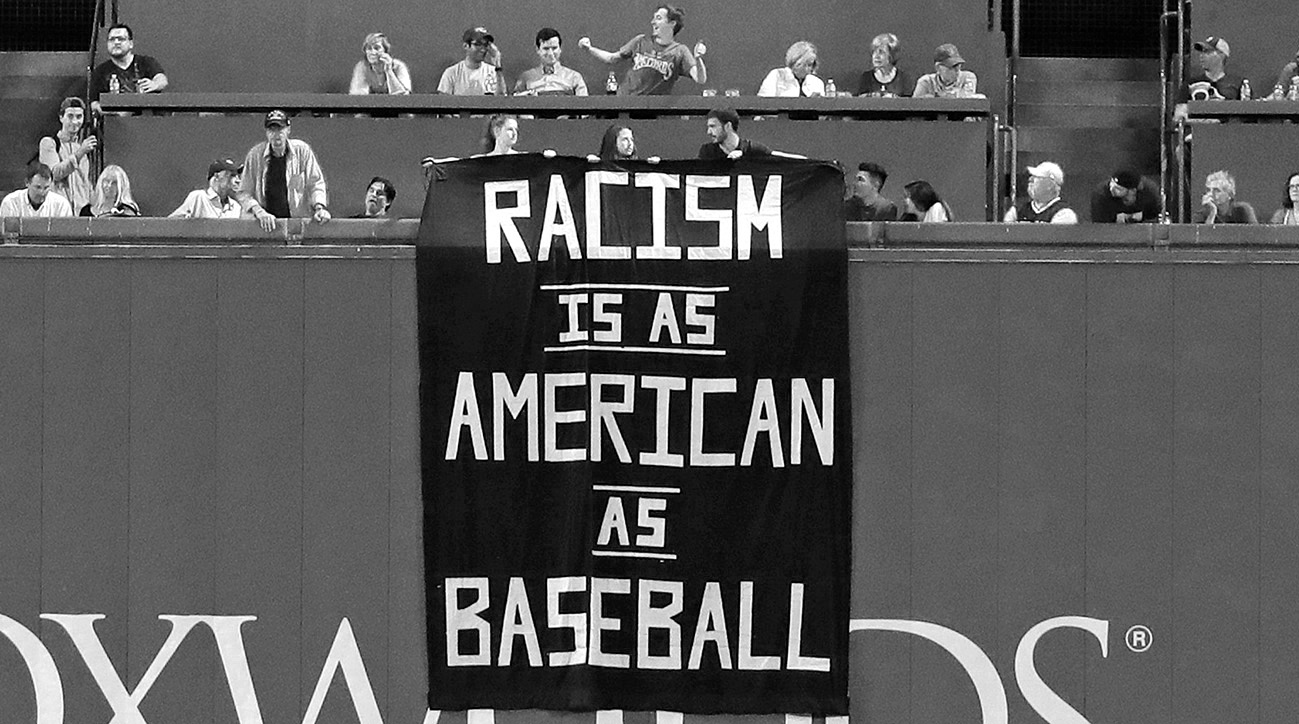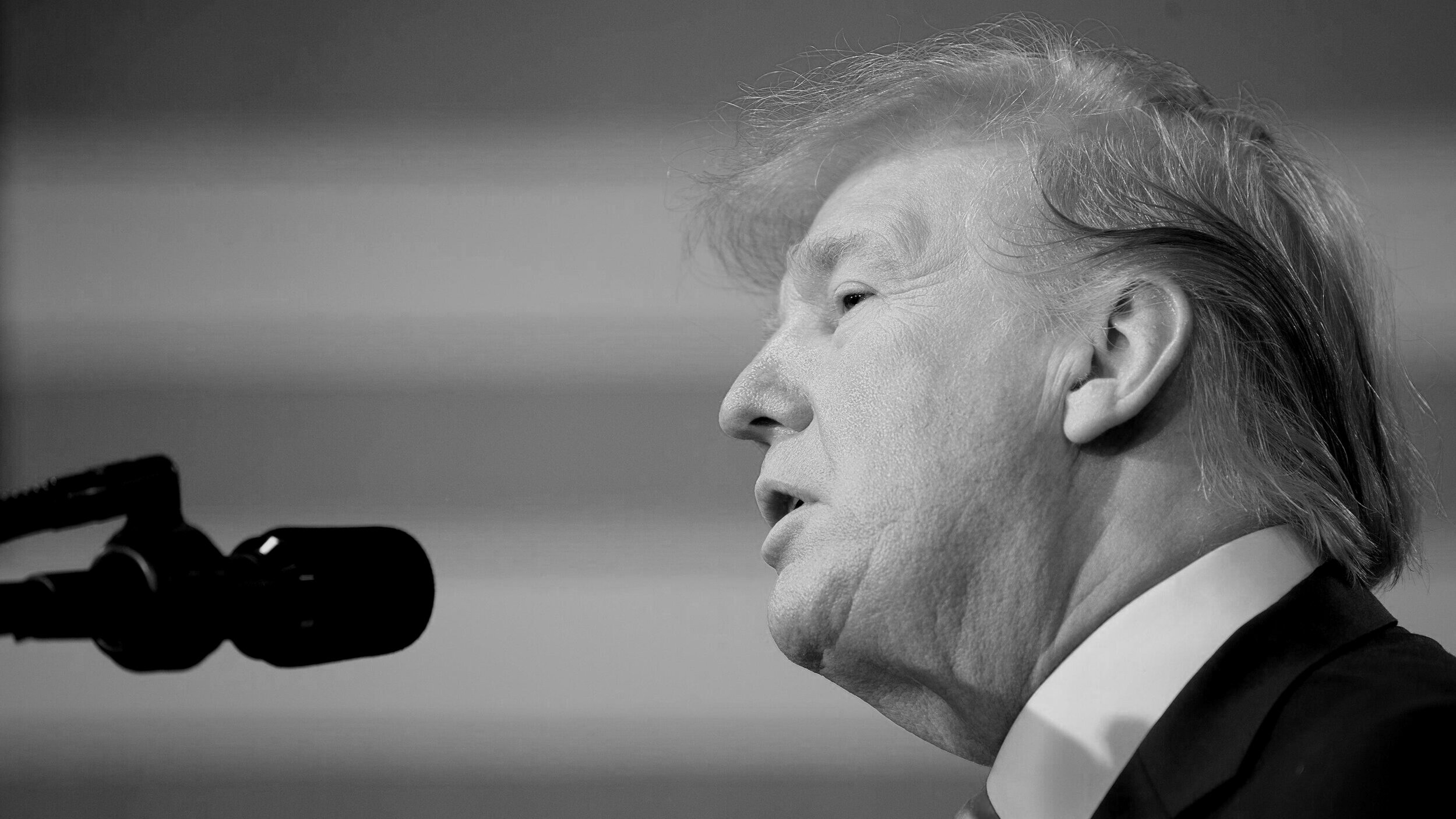Political Tribalism

Tribalism has been ingrained into humanity as history unfolds. There was always competition between different groups of people and ethnicities to ensure survival – these conflicts resulted in hostility, bred dissent, and even translated into wars.
Survival of the fittest is the motto of the Neanderthal, but that was when he faced the dangers of other species when resources and food were scarce. Unfortunately, it’s how we’re programmed as human beings, as proof from cultural neuroscience claims that our brain activities differ when we see faces similar to ours versus when we see faces that are different from ours.
So What’s The Deal With Political Tribalism?
Well, it turns out that tribalism is what politicians have been preying on to tap into the fears and conservation instincts we have as human beings. Remember the Nazis and their agendas against the Jews? That’s political tribalism – trying to eradicate a whole group of people to reign superior. In building boundaries between “us” and “them”, the world slowly began to lose its humanity, and politics began to exploit this divide to benefit the tribe that it saw fit to survive.
The New Zealand mosque massacre was a brutal example of political tribalism. 50 people hailing from the Muslim minority in Australia were shot down based on religious beliefs and their ethnicities – and the fear of Muslims was ingrained into the guilty party through the years of Islamophobia that reigned supreme post 9/11. The Myanmar massacre of Muslims was also a long term event bent on eradicating Islamic influence. This is a classic example of learned behavior. At a tribal level, people use emotion, community and belongingness over logic to base decisions, and these sensitivities of human nature are exploited to include and exclude individuals from the in-group.
Tribal politics uses the illusion of groupthink, a psychological phenomenon occurring in a group of people, where the primary desire to achieve harmony means any and every measure to make it happen. The political tribalism in the United States of America began to make a bolder appearance when President Trump took office. Research conducted on social behavior and communities showed that intolerance towards intermarriage has begun to increase and citizens’ partisanship had begun to depend on what religion, race or ideologies they possessed.
What Now?
The world has begun to notice the dangers of political tribalism. Luckily, measures are undertaken by economists, thinkers and disagreeing politicians to improve the situation and break down tribalism to make a more cohesive community guided by common principles of human rights and harmony.









